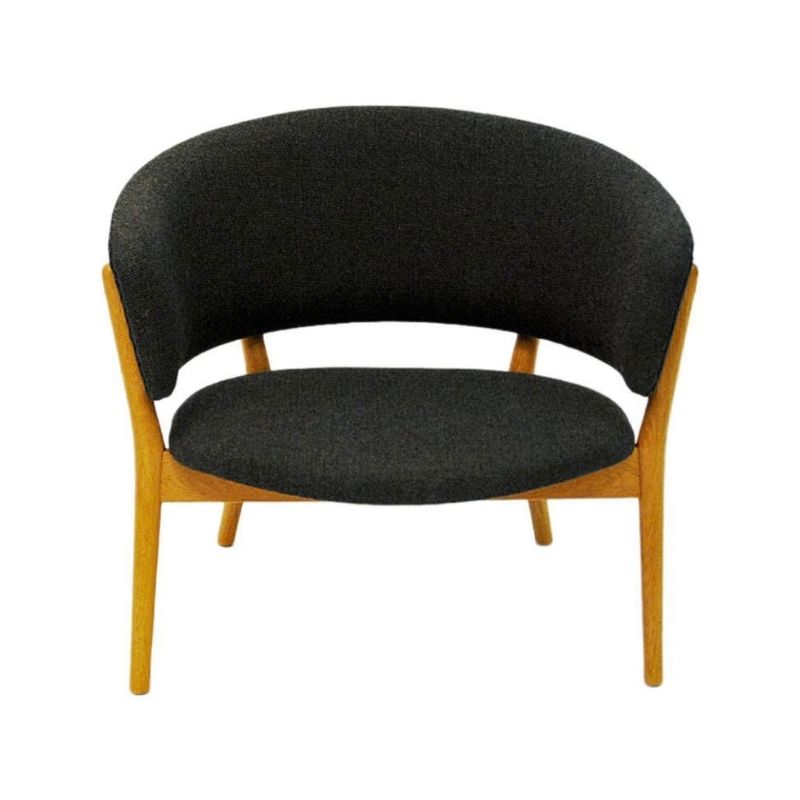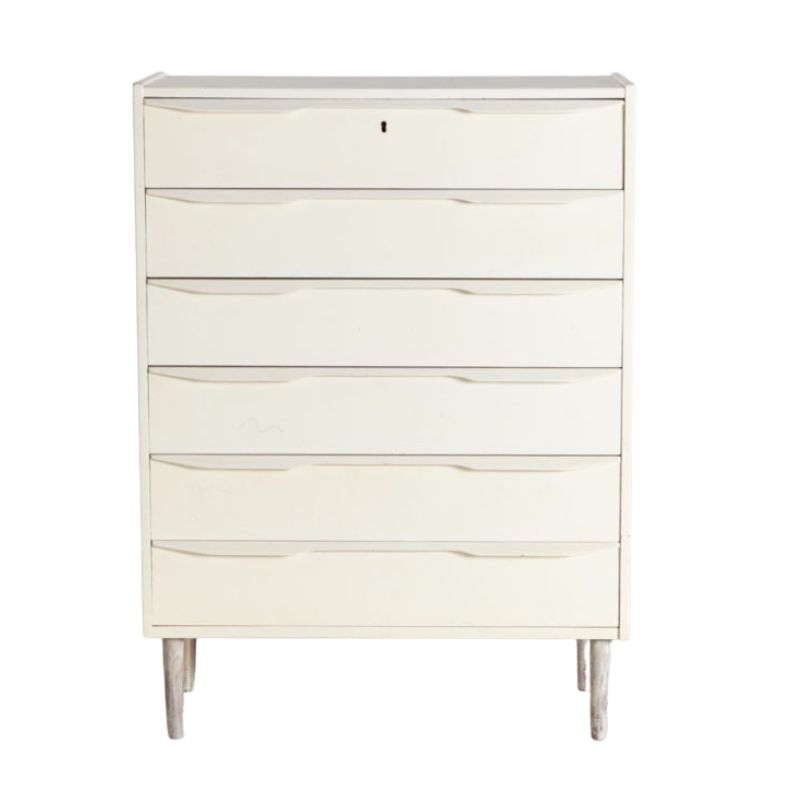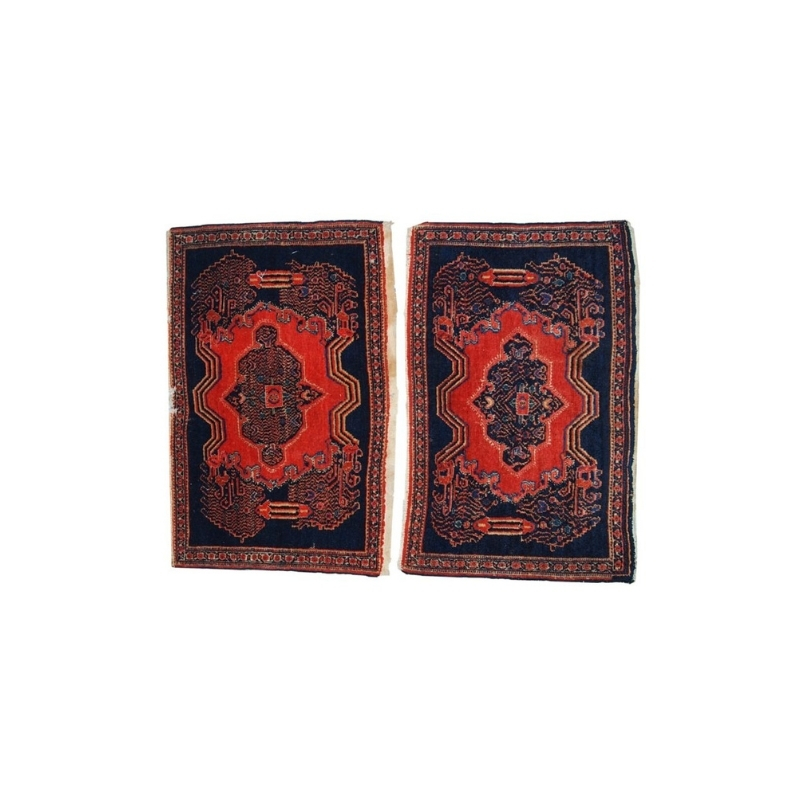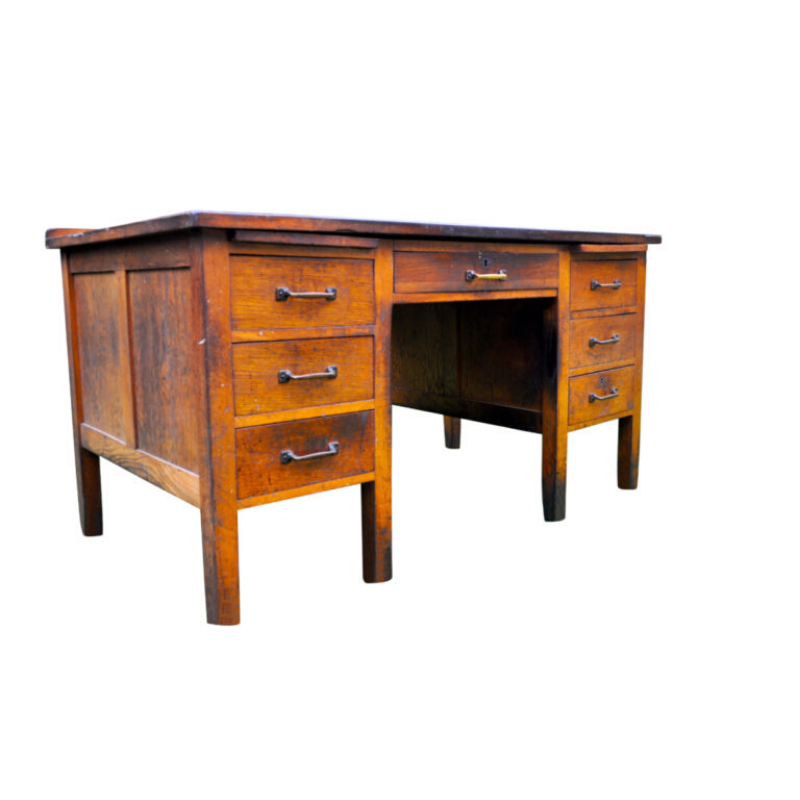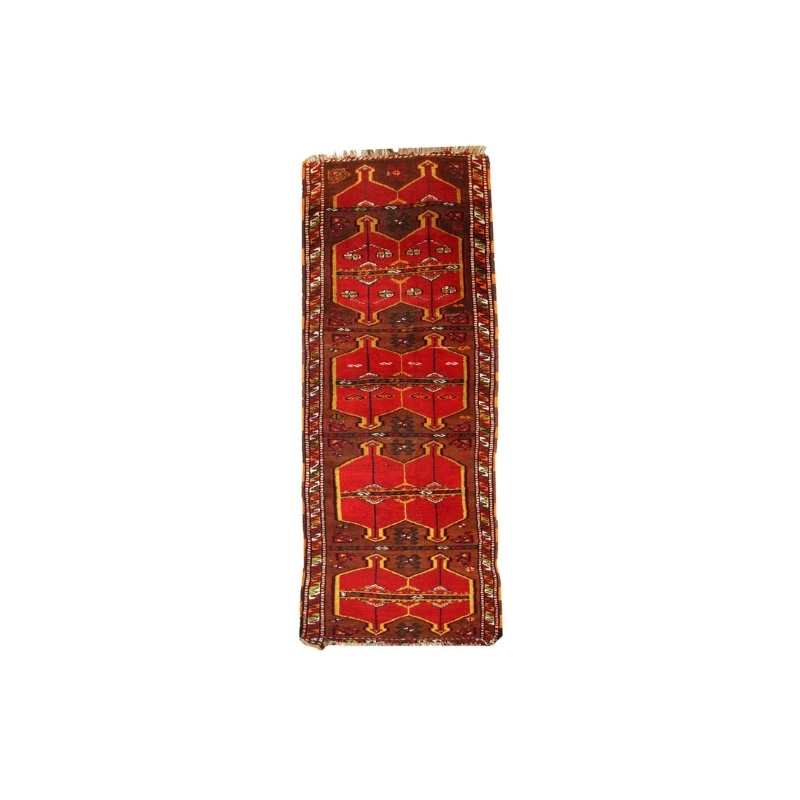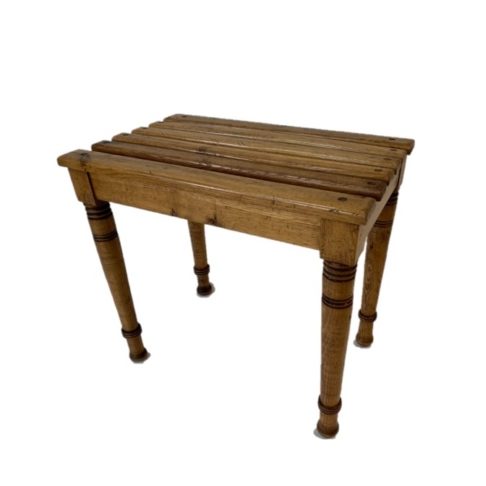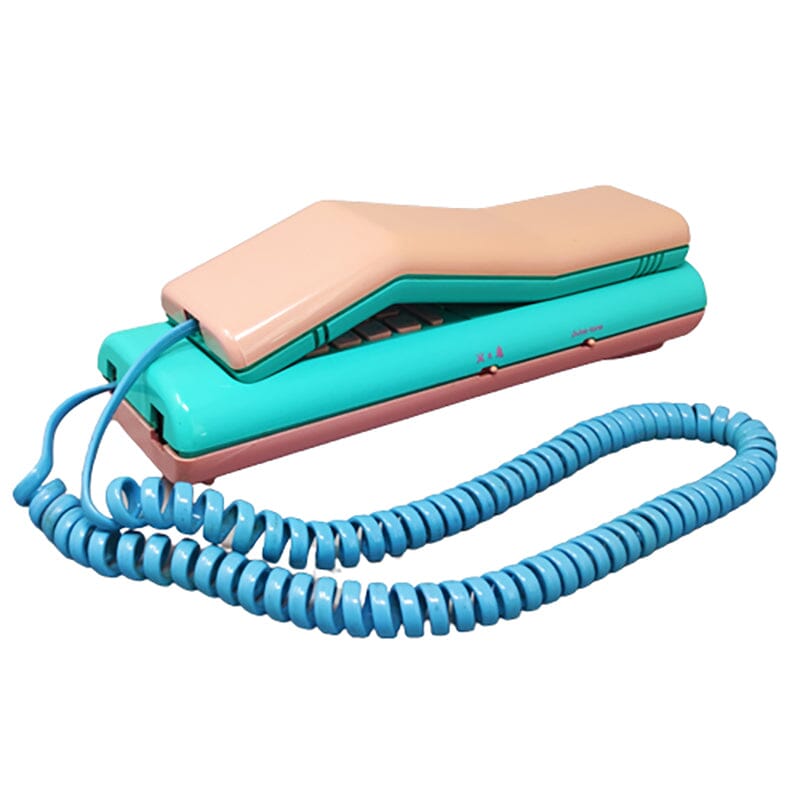Dear All,
I've recently got this AT table (by the way,do you know the number?). Single-owner, bought in a local shop in 1964. Cover with plastic layer to protect the wood. After removal with the aid of an hair-dryer (to minimize wood removal), I can see the differences in color between area where there was plastic or not.
It's a very big and nice piece of solid oak, and I see that it's super thirsty of oil. Could you recommend me an oil for oak without varnish?
Thank you.
Ernest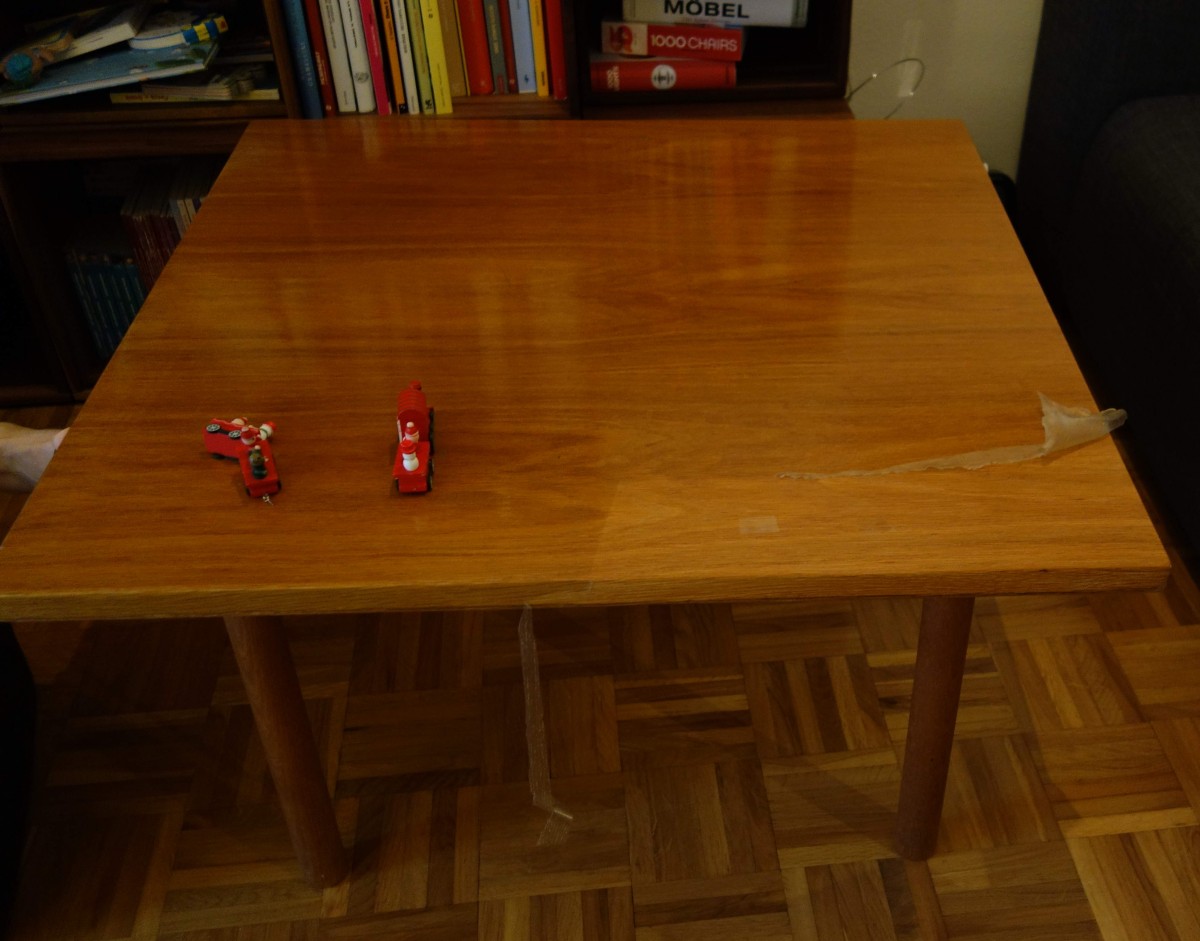
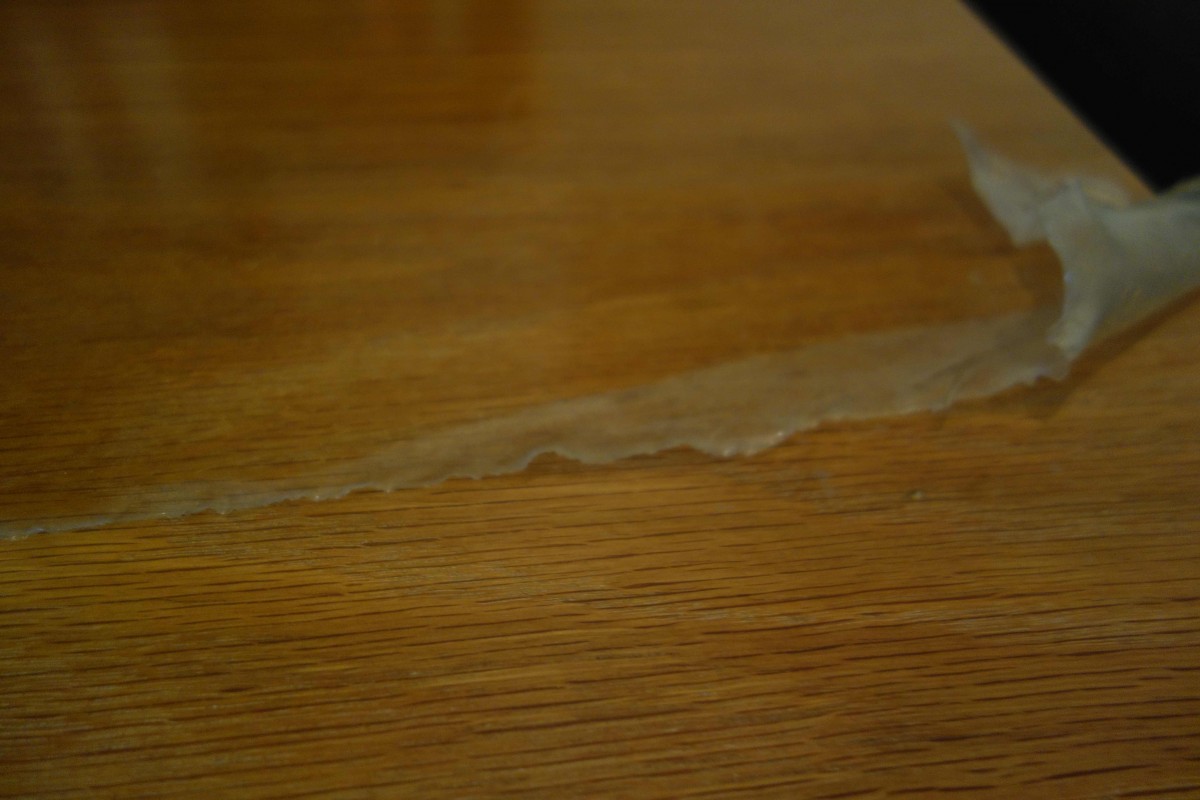 <img class="wpforoimg" src=" http://d1t1u890k7d3ys.cloudfront.net/cdn/farfuture/X0r3jOx2teKsn5llcopYt
<img class="wpforoimg" src=" http://d1t1u890k7d3ys.cloudfront.net/cdn/farfuture/X0r3jOx2teKsn5llcopYt
Are you sure the original finish is oil? The photo of the edge makes me think it might be lacquer. You can easily test this with a bit of nail polish remover in an inconspicuous area. The solvent will dissolve lacquer within 10 seconds and turn it into a gel and then liquid as it reconstitutes. It'll remove oil too but you won't see the gel reaction with oil.
Dr Poulet, thank you for the hint. By the way, I have to thank you for another reason too. You suggested me some time ago to ask for pillows of a grete jalk chair to the galerie mobler shop. they made them, but the measures where off. They proposed me to remake them for free. I think that another company would have tried to convince me that the measures were sufficiently right to be acceptable. They are certainly very honest people.
For spanky: thank you for the hint: I'll try that, but I am faily sure there is no finish on top, or maybe most of it is gone from the glue of the plastic? It would look quite odd with the legs, which are clearly not finished with laquer.
Cheers,
Ernest.
Have you ever seen such a plastic cover on a Danish piece? That was the first time for me. It indicates that the owner was very respectful, probably due to the high price paid at that time. It reminds me of the habit of keeping couches with plastic, in Italy in the same period - to not consume them too much. The seller could have communicated them that a regular oil and steel wool treatment would have sufficed. Do you know as well the AT number for this table?
Leif, could you comment maybe on the need to have such big couch tables? Where Danish apartments particularly big at that time? I certainly appears too big for my living room!
Cheers,
Ernest.
People do all kinds of crazy stuff to their furniture, usually for reasons that seem perfectly valid to them at the time. Adhesive transparent plastic probably seemed like a great way to them to protect the beautiful wood from spills, drips, etc. Some people would rather do that than worry about getting rid of water spots later. No oil finish will protect nearly as well as plastic. (I know I got really tired of watching out for every little drip during meals when we had a rosewood table; I finally sold it and got something better suited to the way my family lives. And it's not like we're terrible slobs, even!)
I have been in a lot of Danish homes and I'd say most have smallish rooms. We lived in a huge house there for a year but it was built in 1910 when times were different. Danish friends who visited said it was very unusual to have such big rooms (living room 16'x25', dining room the same size). We couldn't even use some of the rooms in winter because they just cost too much to heat. Smaller makes more sense. Maybe the large coffee table was meant to be the only table in the room? I don't know.
Thank you, spanky. Very interesting.
I think it is always useful to see these pieces in the catalogues of that time. Do you guys have anything on this table?
Unrelated question just that we are talking about catalogues: is it possible that the CH31 chairs were sold in pair with a round table (extendable, both in teak or palisander), with four L-shaped legs that start from the center of the table? As you might remember I recently acquired four CH31, and this guy had in the cellar that table. It's not the most beautiful Danish piece I have ever seen, as I found it "very heavy" in the design. Recently, I saw the same table attribute to Hans Wegner, with a label domus danica (but no name of HW). Any clue?
I attach a picture of the table that I saw attribute to HW, and if memory is correct it should be the same table. I remember a metal hook under the table to extend it.
Thank you
Ernest.
It was not a guess, I was reading an option from the AT catalog. So it is AT-12. Are the legs darker than the top?
The catalog claims smoked oak legs, but I am curious if the top is also smoked.
And note that there were three different sizes of this table with steel or oak legs, so it is not immediately obvious that this is the model number because the photo is not the same.
If you need any help, please contact us at – info@designaddict.com



